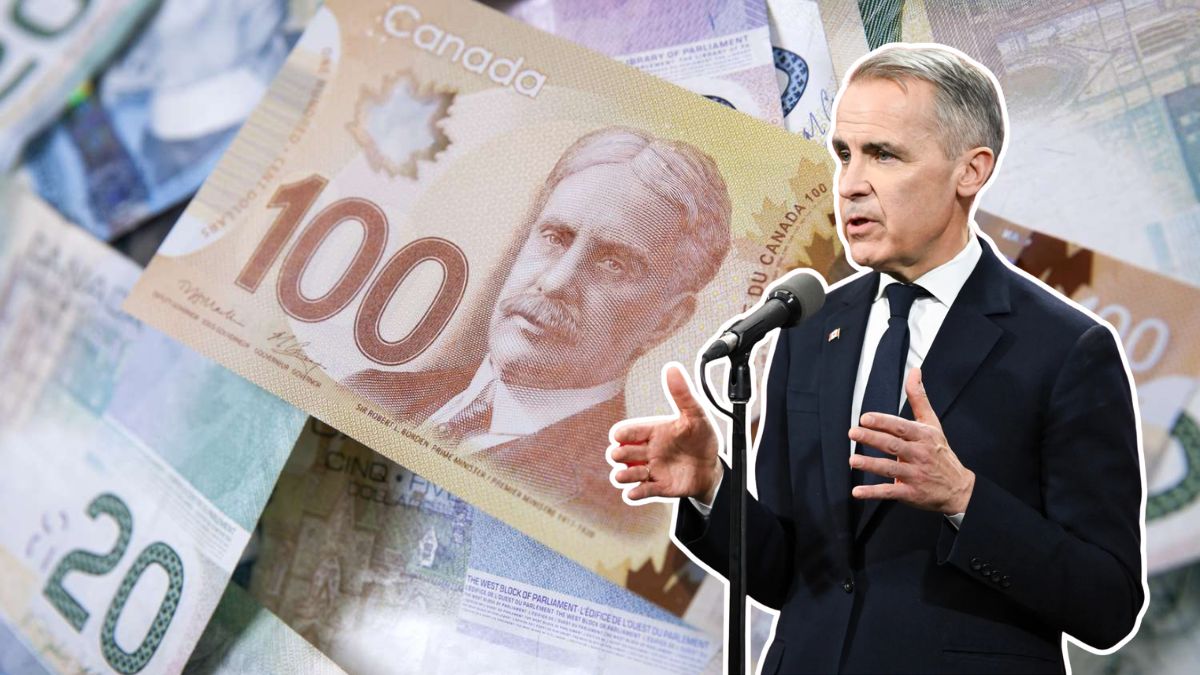Canada has been debating the concept of Universal Basic Income (UBI) for decades, and in 2025, the discussion is reaching new momentum.** With inflation, automation, and economic uncertainty putting pressure on millions of households, UBI is once again on the national stage.
While a national UBI program does not yet exist, Canada has experimented through pilot projects, targeted income programs, and proposed legislation. The question remains: could a guaranteed income soon become a reality?
What Is Universal Basic Income (UBI)?
UBI is a government system that provides unconditional, regular cash payments to all citizens, regardless of their employment status or income. The goal is to reduce poverty, simplify welfare, and ensure a financial safety net for everyone.
In Canada, however, what is often called “basic income” usually refers to targeted programs—supporting seniors, people with disabilities, or low-income households—rather than being truly universal.
Status of UBI in Canada (2025)
As of now, Canada does not have a national UBI program. Instead, there are targeted income supports like the Guaranteed Income Supplement (GIS) for seniors or provincial pilots for vulnerable groups.
These programs provide valuable data on how guaranteed income affects poverty, health, and employment. Policymakers are closely watching these experiments before committing to a universal model.
A Brief History of Basic Income in Canada
Canada’s history with UBI-style programs spans nearly a century:
- 1930s: Alberta explored basic income during the Great Depression.
- 1974–1979: The Mincome Project in Manitoba provided families with up to \$5,800 annually, leading to an 8.5% drop in hospitalizations and higher school completion rates.
- 2017–2018: Ontario launched a large pilot covering thousands of participants. Payments reached \$16,989 for singles and \$24,027 for couples, but the program was canceled after political changes.
These trials showed positive impacts on mental health, financial stability, and education outcomes.
UBI Legislation – Bills in Review
Two major bills are under review in 2025:
- Bill S-233 – Introduced by Senator Kim Pate, seeking a Guaranteed Livable Basic Income.
- Bill C-233 – Introduced by MP Leah Gazan, with similar goals.
Both bills propose payments to Canadians aged 17 and older. As of mid-2025, they remain under discussion in the Senate, signaling that momentum is building but no law has yet passed.
Ongoing Provincial and Regional Programs
Canada is testing basic income through smaller-scale projects. Some examples:
| Province/Territory | Program Name | Support Provided | Target Group |
|---|---|---|---|
| British Columbia | New Leaf Project | \$7,500 lump sum | Homeless individuals |
| Newfoundland & Labrador | Pre-OAS Plan | Monthly aid | Low-income adults (60–64) |
| Prince Edward Island | T-BIG Pilot | Up to 85% poverty line | 600+ participants |
| Quebec | Basic Income Program | \$1,309/month | People with disabilities |
The New Leaf Project in B.C. saw participants report 99 fewer days of homelessness, better health outcomes, and no rise in substance use.
Seniors and Basic Income – GIS and OAS
While Canada does not have a full UBI, seniors already receive a form of guaranteed income through:
- Old Age Security (OAS) – Base pension for those over 65.
- Guaranteed Income Supplement (GIS) – Extra payments for low-income seniors.
In 2025, GIS provides up to \$1,087 per month for singles, ensuring seniors with limited income do not fall into deep poverty.
Public and Political Opinion
Support for UBI is growing:
- In 2020, 50 Canadian Senators called for UBI exploration.
- During the 2021 election, nearly 190 candidates endorsed basic income.
- A 2022 survey found 60% of Canadians support a guaranteed basic income, though fewer (37%) backed a fully universal program.
The divide reflects concerns about affordability versus the clear social benefits.
The Financial Side – Can Canada Afford UBI?
The Parliamentary Budget Officer estimated that a full UBI would cost about \$87.6 billion annually.
Supporters argue that Canada already spends around \$80 billion annually on poverty-related costs—healthcare, housing, and social services. A universal model could cut poverty by at least 40%, potentially offsetting much of the upfront expense.
Expert Views on UBI
Advocates like the Basic Income Canada Network argue that unconditional payments:
- Improve well-being and reduce stress.
- Do not discourage work but instead provide stability.
- Allow individuals to pursue education, training, or better jobs.
Critics, however, warn about high costs, inflation risks, and political feasibility.
Trends and the Future of UBI in Canada
By 2025, Canada’s UBI journey remains a work in progress. Current trends include:
- More pilot programs for vulnerable groups.
- Legislative debates around Bills S-233 and C-233.
- Provincial discussions on funding models, like resource wealth or sovereign funds.
While a national UBI is not yet on the horizon, Canada is laying the groundwork through experiments and debate.
The real outcome will depend on political will, fiscal resources, and public support in the coming years.
Frequently Asked Questions (FAQs)
Q1. Does Canada have Universal Basic Income in 2025?
No, Canada does not have a national UBI yet. Instead, it has targeted programs like GIS, disability benefits, and provincial pilots.
Q2. What’s the difference between UBI and Basic Income in Canada?
UBI is for everyone unconditionally, while Canada’s current programs focus on specific groups such as seniors or low-income households.
Q3. What are Bills S-233 and C-233?
They are proposed laws that aim to establish a Guaranteed Livable Basic Income for Canadians aged 17 and older. Both are still under review.
Q4. How much would UBI cost Canada?
A national UBI would cost an estimated \$87.6 billion per year, but it could reduce poverty by 40% and lower the long-term cost of poverty-related services.
Q5. Has Canada tested UBI before?
Yes. Most notably, the Mincome Project (1974–1979) in Manitoba and the Ontario Pilot (2017–2018) showed positive impacts on health, education, and financial stability.









